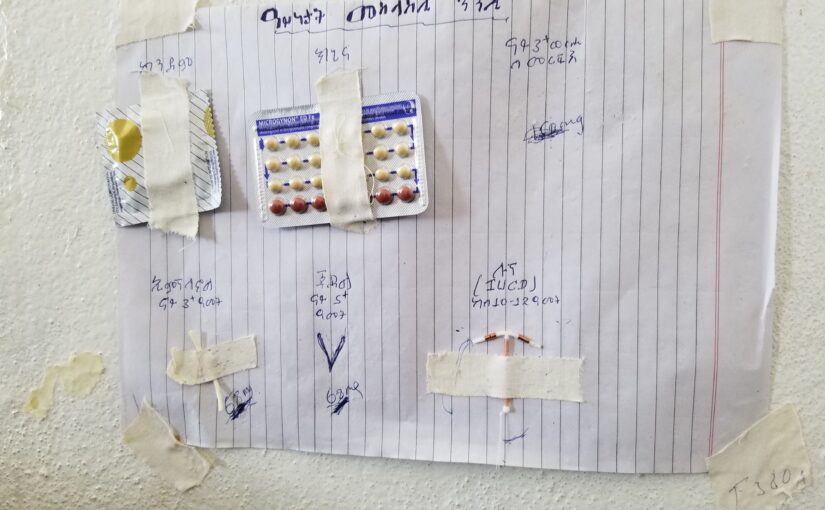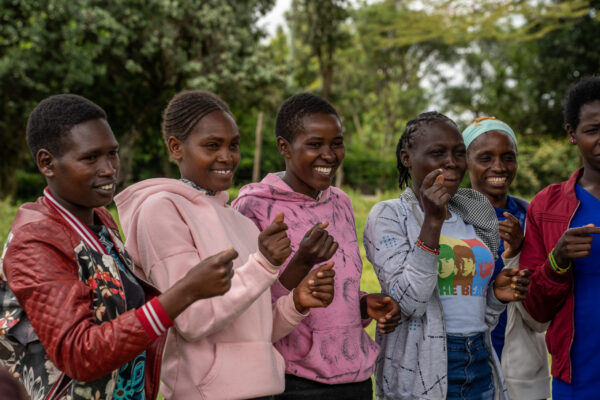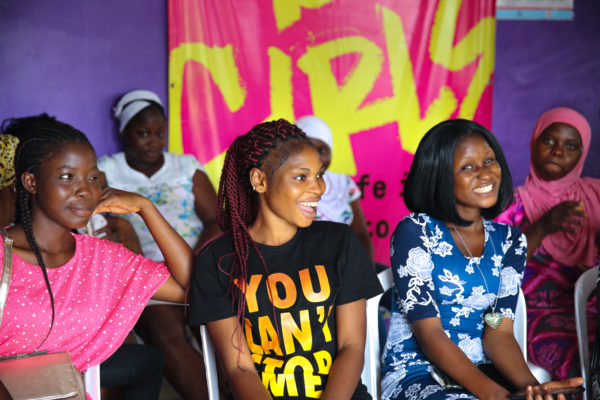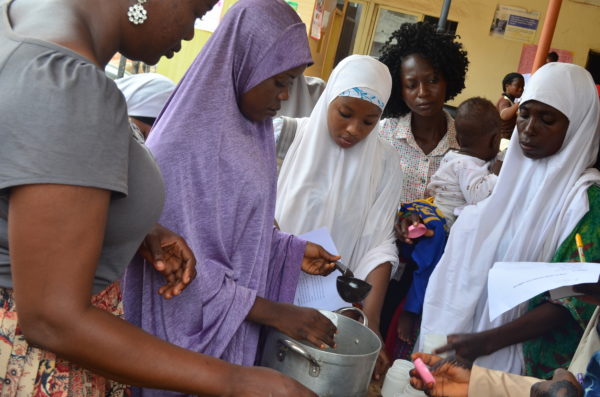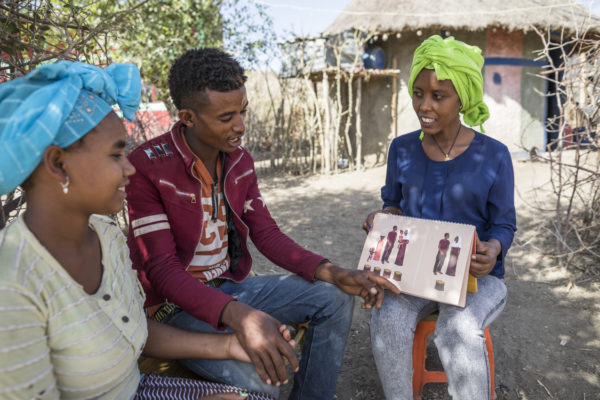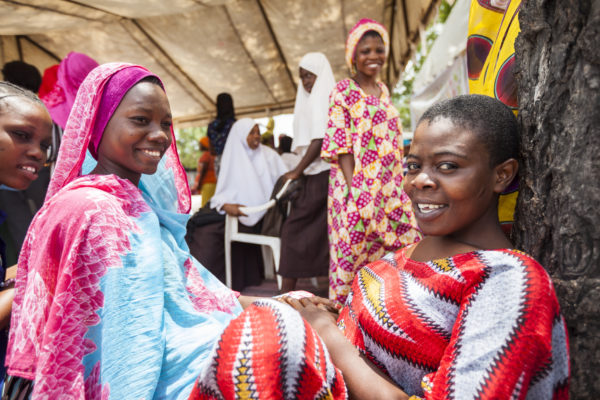This is part two of our series on A360 Ethiopia’s experience designing and testing Smart Start’s adaptation for in-school girls. Read part one to learn about the insights that informed the process.
By Ruth Desta, Sexual and Reproductive Health Program Manager, PSI Ethiopia
A360 Ethiopia’s Young Designers led prototype testing. They used Smart Start’s life planning tools to initiate conversations around girls’ dreams and discuss how contraception could support them – unmarried, in-school girls aged 15-19 – to reach their goals. Then, they used an adapted version of the Smart Start counseling guide
Due to COVID-19, and resulting restrictions for in-person gatherings, the team used zoom to host discussions and turned to phone calls when the networks were down to discuss the testing, itself. Through Miro.com, the team could download and synthesize the data and resulting learnings in real-time. And through Telegram, the team could easily share stories and photos.
What did we learn? And how might this apply for others looking to prototype while in pandemic? We outline below.
1. When in pandemic, it’s ok to take things slowly.
We approached prototype testing phase by phase. We initially had 8 prototypes prepared for testing before COVID 19, but only ended up testing 2 prototypes (demand creation and referral) to see if remote prototype testing would even work and if it did, how we could strengthen our approach, going forward.
2. With school closed during COVID, we quickly learned that home was not the right place to engage girls in counseling.
We initially assumed that with schools closed, we could find and counsel girls at home. But the majority of girls were not comfortable to be counseled at home given the presence of family members. After all, it’s a sensitive topic.
In one instance, a girl’s mother wanted to join the counseling session with her daughter which made the young designers and the girls uncomfortable.
In another, a girl came with her little brother who cried the whole time – making the session hard to complete.
“I can’t talk openly at home, my dad is serious and doesn’t want to hear me talk about such issues,” – Girl.
Our adaptation? We went where girls wanted us to go. Some girls met us in cafés, some on the street, in parks. When the discussion was out of the home, they felt free and open to share their personal and intimate stories.
“I always wondered why my boyfriend didn’t ask me to have sex. I don’t think sex is important with a temporary person, but if my boyfriend asks me to have it, I will definitely accept him,” – Girl.
“Sex helps to strengthen love,” – Girl.
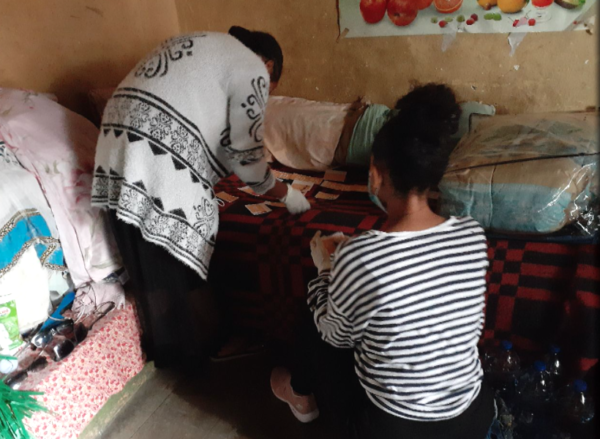
3. In using Smart Start, girls have the same “aha” moments when we reach them on their own terms.
Our adapted Smart Start approach for unmarried girls supports girls to build their life plans on a timeline. Whether in a café or in a park, the “aha” moment comes when girls realize that having a baby right now could affect their ability to achieve their dreams. We use this moment to talk about contraception and the need to plan safer sex.
The approach supports girls to associate the importance of contraception with achieving their life plan. They start to see it as a key asset to getting to their dream; roughly 1 in 5 girls will voluntarily choose contraception when offered a method, on the spot.
And we found that girls – no matter the context – had an “aha” moment when we discussed their menses. During the counselling session, girls were asked “What if you weren’t prepared for your first period?” They respond by asking what they scenario would look like. This helped them see that it is equally important to prepare for safer sex to prevent unwanted pregnancy.
“While I was building my dream, I was feeling like they’re happening and I’m achieving them,” – Girl.
“I wish I could know about methods before because I might save a girl I knew from abortion and related cases,” – Girl.
“Three years ago, I knew one girl who was grade 9 in Mesebo high school. She had boyfriend and went to party with friends of her boyfriend and get wasted then she had unsafe sex with one of them and became pregnant. since she knew nothing about contraception, she was forced to give birth, stop her education and suffered economically then went to Addis. Now I don’t know where she is,” – Girl.
4. Most girls choose a method when offered on-site service.
We offered 5 girls short acting methods (pills, emergency contraceptives and condoms) right after conducting the counseling in an informal setting outside of girls’ home. 4 girls voluntarily chose a method.
5. Young designers are invaluable… and, in this case, especially so during our remote prototype testing.
Young designers served as data collectors, analyzers, translators, storytellers about their context, advocates and thought partners. During remote prototype testing, young designers helped to recruit girls, boys and parents by going home to home in the communities. They applied snow ball approach to find more girls, boys and parents as to the program need. . They served as counselors, and played a big role during synthesis. We applied Miro.com dashboard where we all have access for digital downloading, and we applied zoom to have discussions during the synthesis.
Young designers helped us achieve what we were supposed to achieve in our physical absence. We learned that young designers were struggling to respond to some of the contraceptive misconceptions that girls were raising. They didn’t have the proper SRH training and the education background. So we hired consultants for our second round of remote prototype testing. The consultants could have used their prior experiences (and thus, abandoned our prototype) — young designers served as the “guardians” of the prototype. Their leadership ensured that we did nothing for girls without girls as we, together, support unmarried Ethiopian school girls to make a Smart Start for their health, their bodies and their lives.
“The journey, especially the remote prototype testing is a one big professional experience for me as we young designers were responsible for everything that was going on in Mekele under smart supervision of our team leaders. I really enjoy the time with fellow young designers as it enable us to look deep and further regarding this project, life of adolescent and our future,” – Eyerusalem, A360 Young Designer, PSI Ethiopia.

